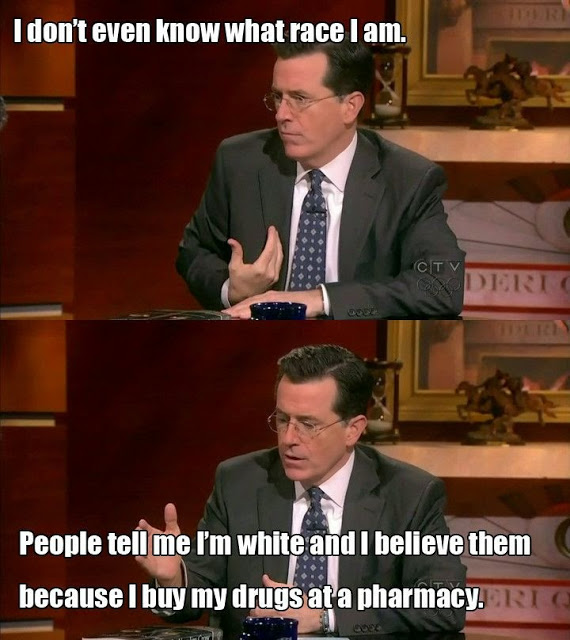“A terrible mistake on my part of the graduation ceremony on Friday night,” she wrote. “The devil was in the house and came out from my mouth. I deeply apologize for my racist comment and hope that forgiveness in in your hearts.”
“My side is I’m not a racist. I didn’t know ‘black people’ was a racist term. I didn’t say the N-word or anything like that ‘cause that’s not in my vocabulary . . .
You know, oh you say the word ‘black,’ you know, was I supposed to say ‘African American?’ Were they all born in Africa? No, they’re Americans. And, they live here. And, but just, I’m not a racist. People that know me, I’ve worked with disadvantaged kids like this that couldn’t get through school, we help them get a high school diploma.”
I talk a lot about it’s okay to discuss race, and how we need to be more comfortable in these conversations. But there is always the concern that someone will exploit this idea and then use racial descriptors in a way that doesn’t actually promote a conversation about race, but rather promotes an negative stereotype about a whole group of people based on the behavior of a few. That’s exactly what happened here. The principal said “ALL the black people are walking out” when the video clearly shows many black people still seated. And their race has nothing to do with them walking out. Her statement had a charged and racist implication . . . that their decision had something to do with their race.
And then she further dug in, pretending to be confused as to why it would be offensive to point out race.
Let’s talk about when it’s okay and not okay.
Another black family just moved in. They’re taking over this neighborhood!
Those Puerto Ricans behind me were talking so loud.
I nearly got in an accident with someone today! He was Asian.
It’s really important to recognize context, and not presume that every mention of a person’s race has a racist undertone. There is a big difference between using race to describe someone and using race to ascribe a behavior to that group. When my own children ask me to delineate which Heather is coming for a visit by inquiring if it’s Heather with brown skin or Heather with white skin, that’s not racist. Race is a descriptor. However, when a principal remarks on what she sees as a negative behavior and then comments on race, she’s ascribing behavior to race.
And that is racist.

